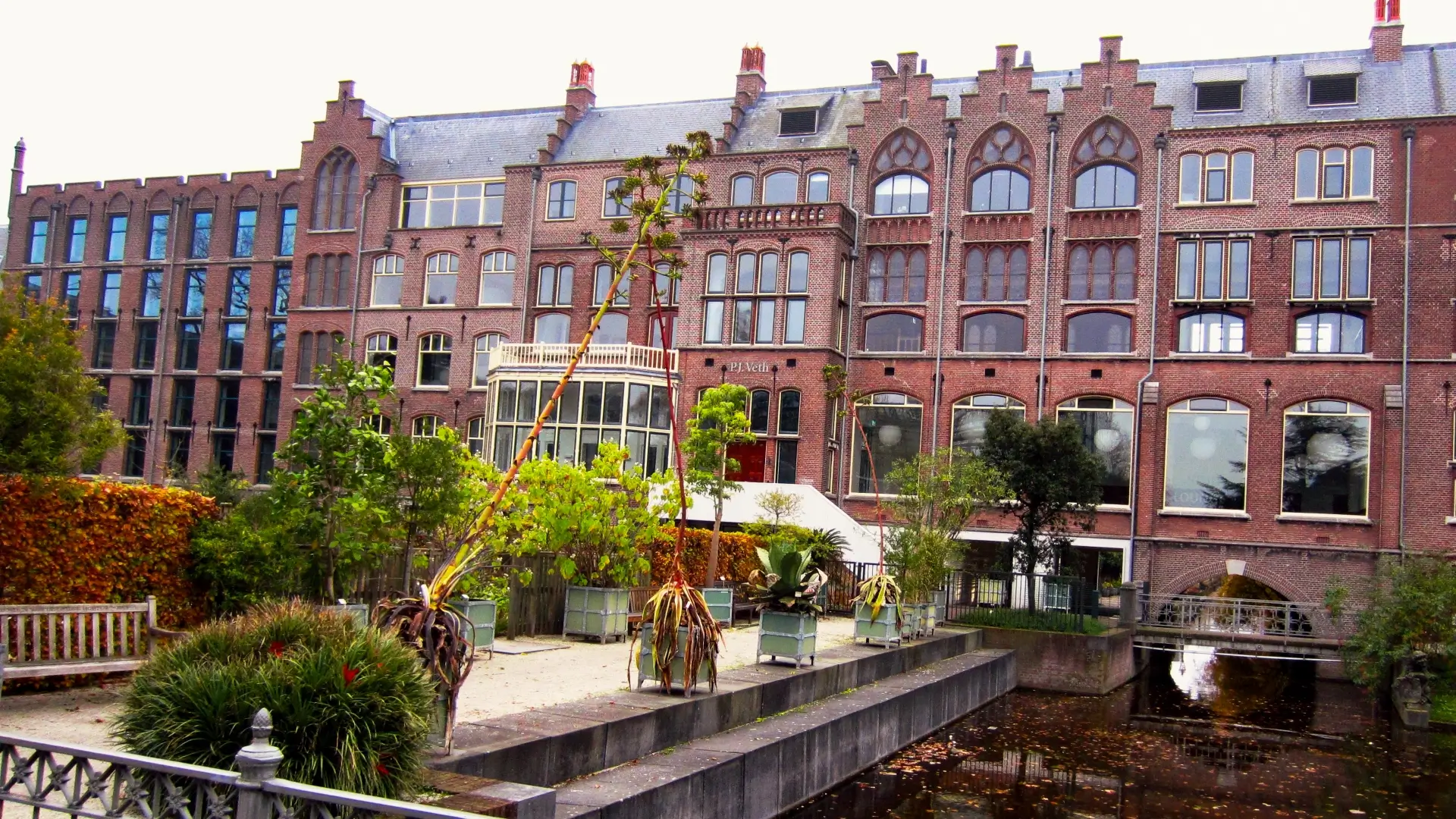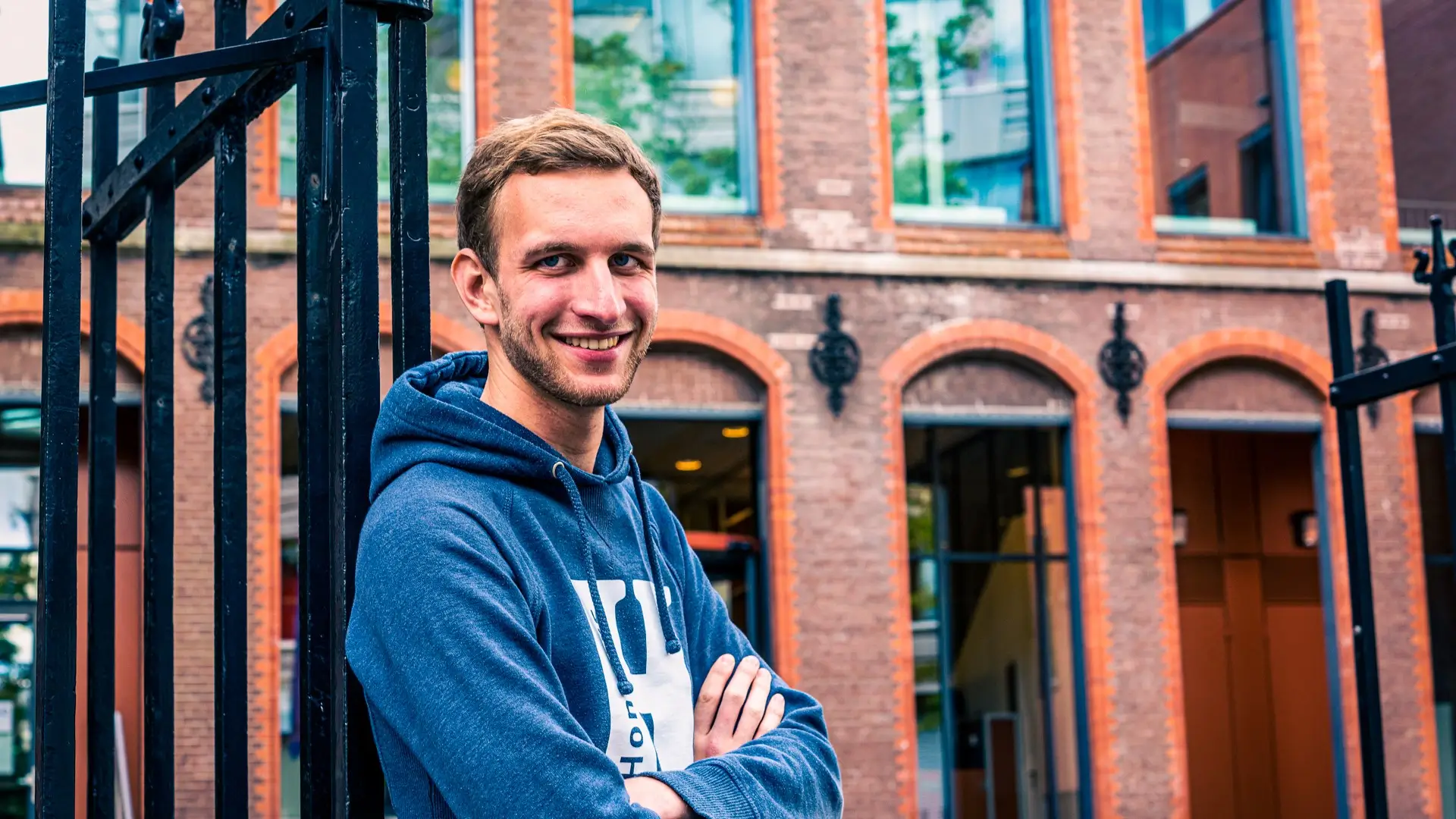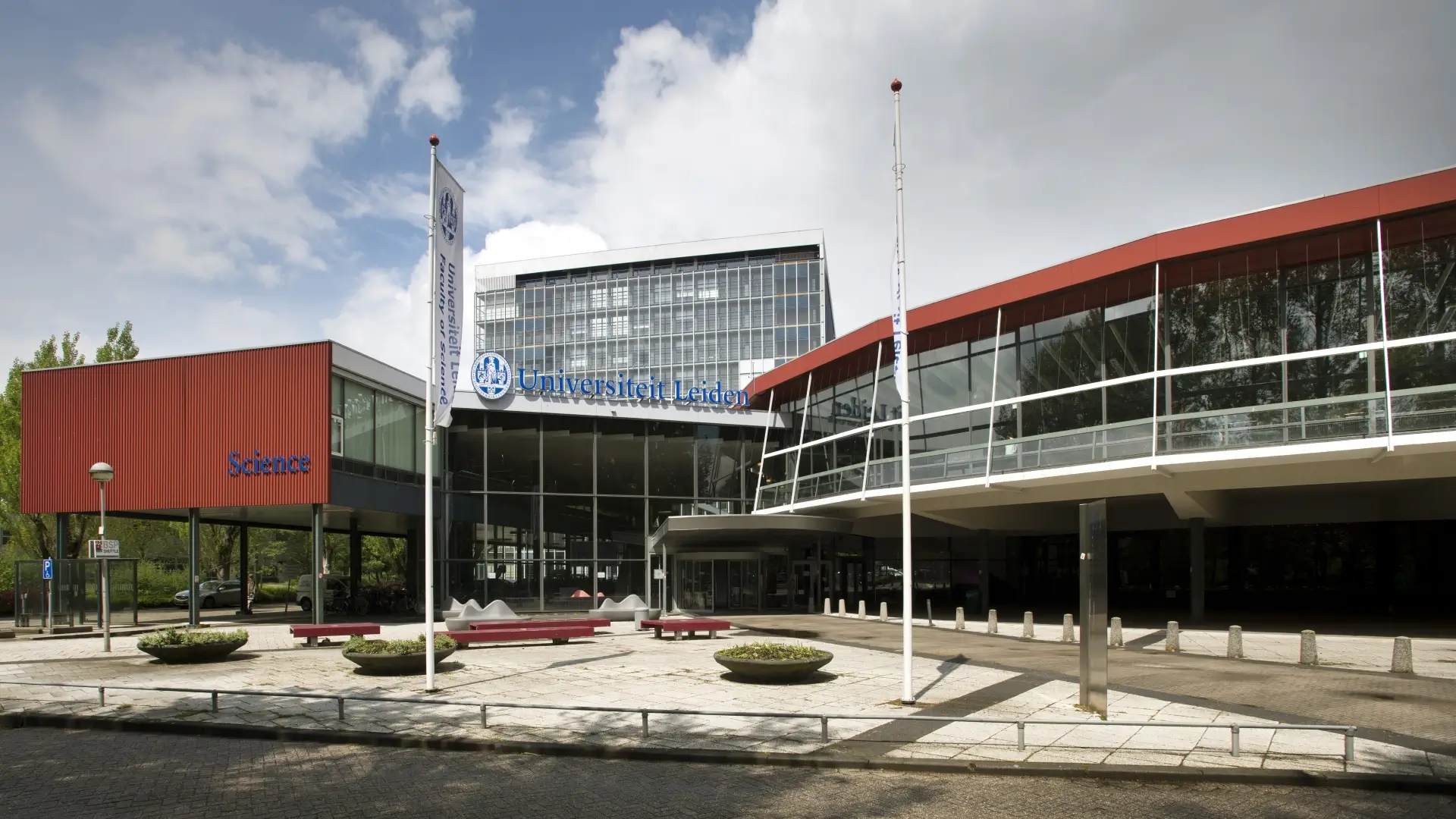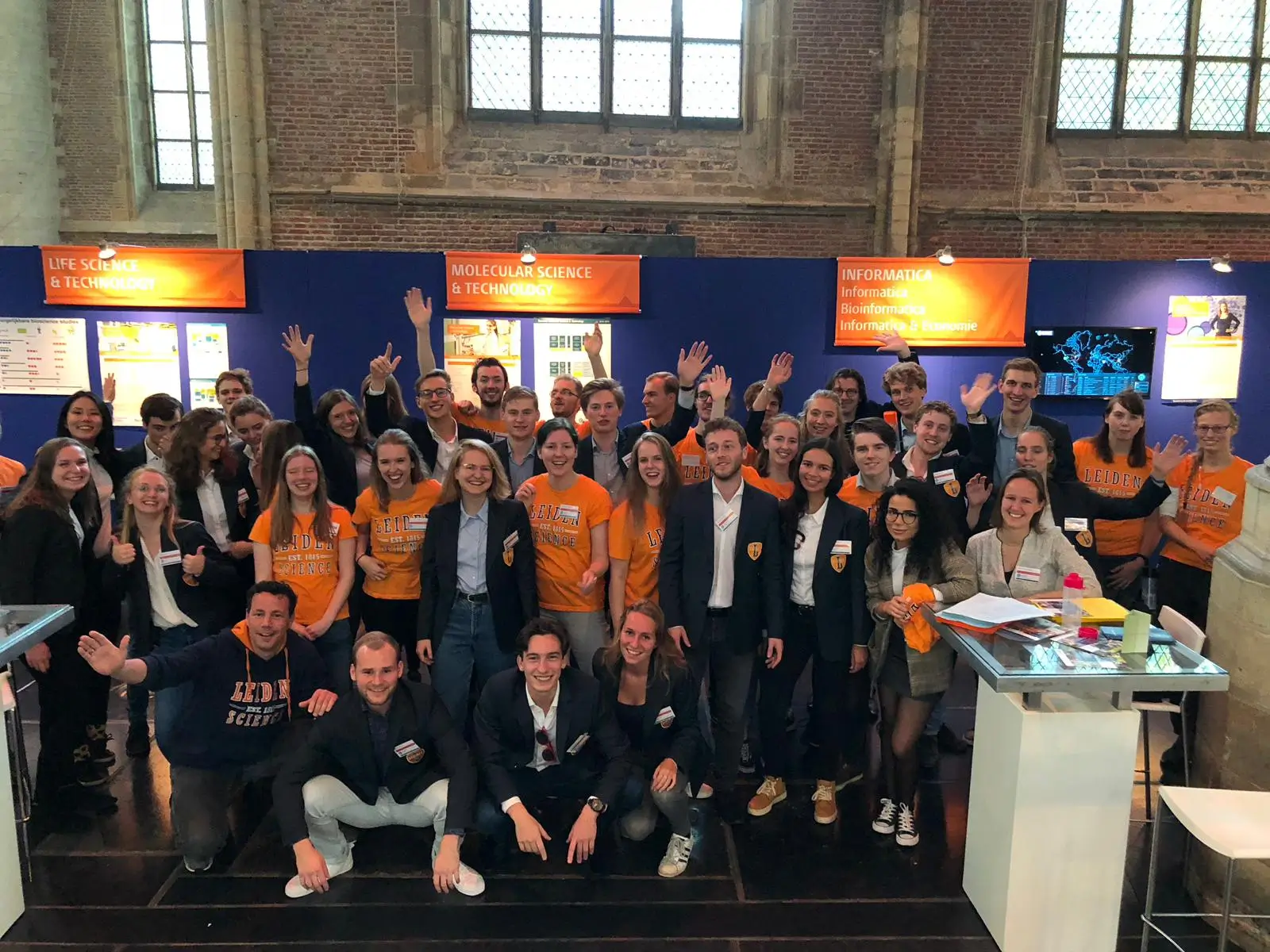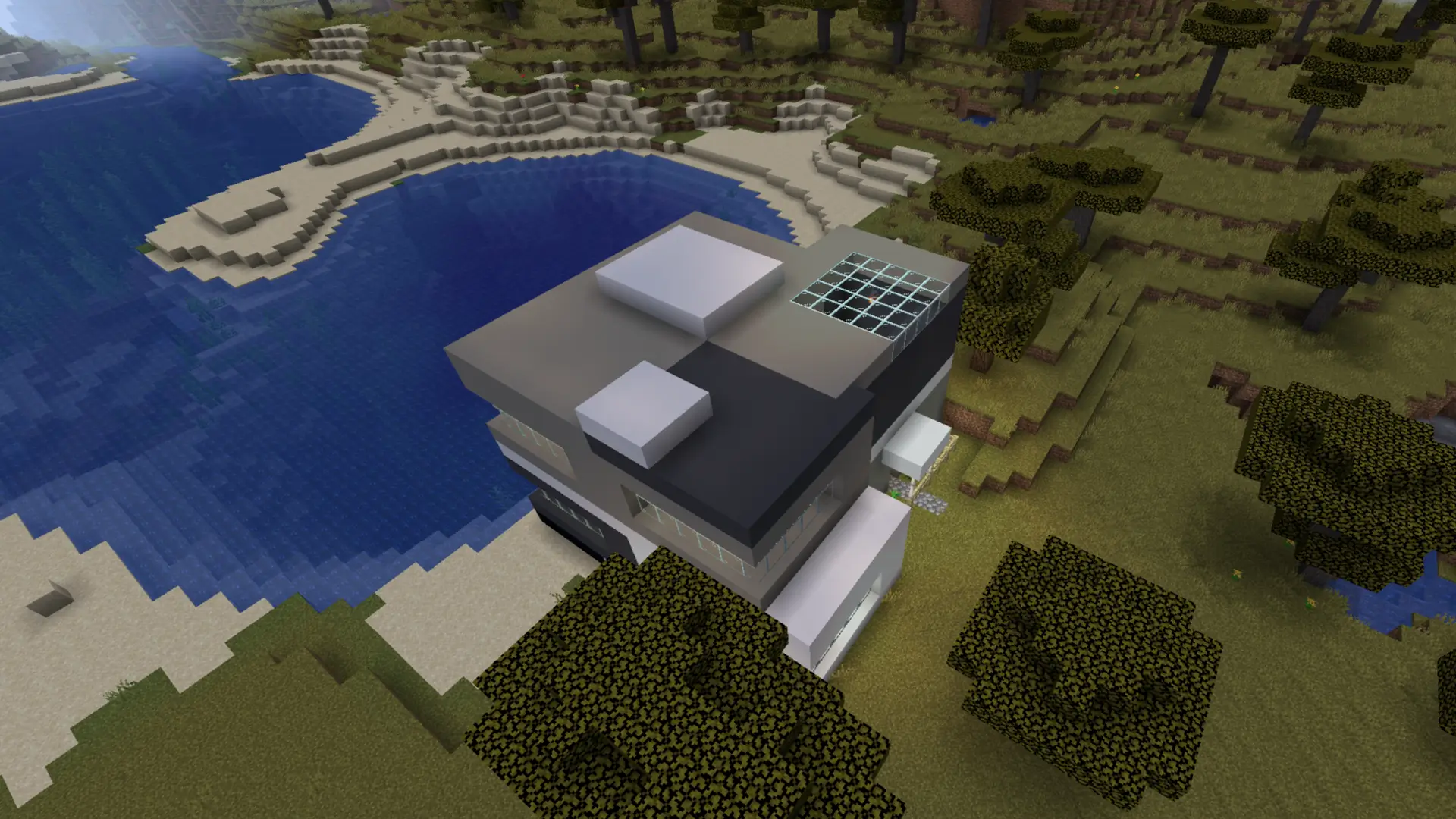CAREER ‧ EMPLOYMENT ‧ LEIDEN UNIVERSITY
Functional Application Manager
April 2024 ‧ PresentAfter becoming familiar with Leiden University’s systems as a student assistant, I continued working there once I graduated.
 By Wessel van Dam ‧ March 15, 2025
By Wessel van Dam ‧ March 15, 2025Landing a job at the Functional Application Management department (‘Functioneel Beheer’ in Dutch) of Leiden University was a natural progression after my time as a student assistant there. I had been working there for a little over a year when I graduated from my master’s program. The department was looking for someone to manage the student portal, and encouraged me to apply.
Deciding to stay at the university was an attractive option. I had enjoyed my time as a student assistant, as I could get along well with my colleagues and the work was interesting enough. The commute was short, I could work the majority of my hours from home, and it was possible to work just three days a week instead of the full-time position they were offering. My preference for part-time work came from wanting to spend more time on my hobbies and personal projects, such as this website and the Thank You Token project, which I had been putting on hold during my studies.
Responsibilities
The student portal is a relatively new application within Leiden University, and serves as a nice-looking front-end for students to plan their studies, enrol in courses, and track their progress. Before, students would do this in uSis (Leiden’s implementation of PeopleSoft Campus Solutions, for those in the know), but . Being the functional application manager of the student portal comes with a variety of tasks. The standard tasks include answering questions from students and staff and resolving technical issues. The team has three student assistants, who I supervise and assign tasks to such as writing documentation and answering the simpler questions.
However, a large share of my time in the first year was spent on implementing some new features, most notably a new module for the student portal that would allow students to submit petitions for exemptions, extra courses, and other requests. This involved a lot of meetings with the software developers (and occasionally users) to fine-tune the requirements, as well as integrating this module with the existing petition workflow in uSis. Given that there’s also a layer of middleware between the student portal and uSis, there were a lot of parties involved.
Side quests
Quite early on, I promoted my skills in Python programming among my colleagues, offering to help automate tasks if they had any. This led to a few side projects writing scripts for importing and exporting data to and from various systems. Additionally, I was involved in some initiatives concering automation of manual labour using AI, Robotic Process Automation (RPA), and plain old Excel and Outlook features.
At some point, I do see myself moving towards a place more in line with my coding skills. For now, however, I am content with my current position: the lack of software development in my day to day work is compensated by the personal projects I take on in my free time. If anything changes in the future, I’ll be sure to update this page.
